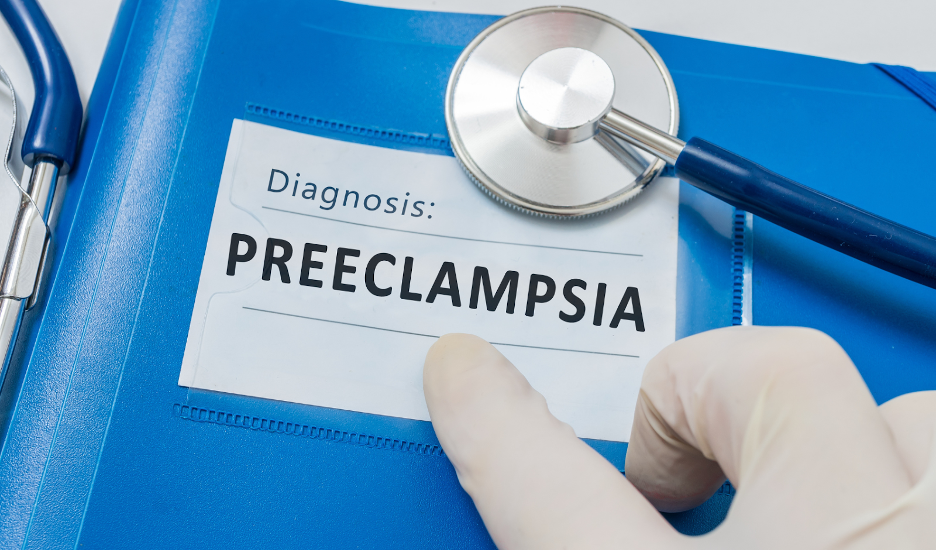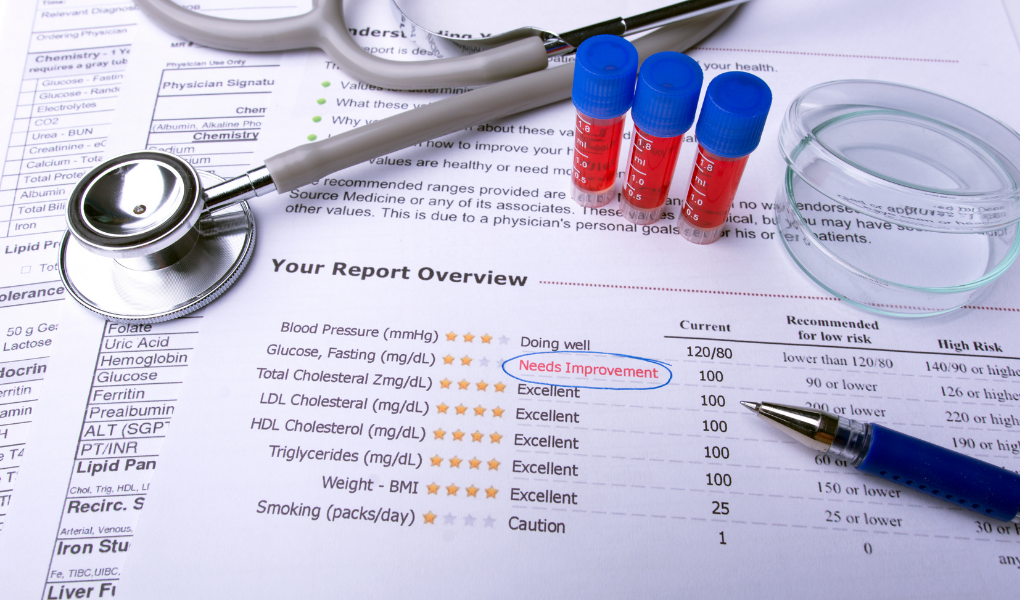CVS and Genetic Testing in Pregnant Women
Rates of genetic counseling and testing for expectant mothers and health monitoring of unborn babies should be improving. Yet this is only sometimes the case for some patients, and what can be done?
A New Breakthrough in Preeclampsia Detection | Bringing Hope to Pregnant Women
Preeclampsia affects a significant number of pregnant women worldwide. And while it can be alarming, a recent development offers new hope for early detection and better management.
Promising Advances in Treating Renal Medullary Carcinoma
Unlike other types of kidney cancer, RMC poses a significant challenge with less than 5 percent of patients surviving beyond three years using standard treatments. However, recent research offers new hope.
Preeclampsia and BIPOC Pregnancy: Advocating for Yourself
Awareness must be increased about preeclampsia, a critical medical issue during and sometimes after pregnancy. Here’s a look at preeclampsia and potential risks to BIPOC and underserved patient pregnancy.
Overcoming Barriers to Equitable Care With Medical Lab Tests Series
We hope to help reduce the estimated 40,000 to 80,000 annual deaths due to preventable diagnostic errors. Here’s a look at some recent efforts toward equitable access and education efforts in clinical laboratory medicine.
Lost in Transition, Optimizing Sickle Cell Disease Care
As part of ongoing efforts to expand sickle cell disease knowledge and to reduce health inequities, DHH hosted its first Sickle Cell Health Hub Huddle with sickle cell disease experts.
Maternal Health Disparities and Fostering Health Equity
Here’s a look at information about maternal health disparities, organizations that are working toward equitable maternal care for all pregnancies, and ways that others can help improve maternal health outcomes.
The Patient-Provider Relationship Role in Health Equity
In the pursuit of health equity, patient-provider relationships and patient perceptions about their health providers are vital in making improvements. Here’s a look at where we are and how to make progress.
Health Disparities and Insurance Coverage, Where We Are and Moving Forward
When it comes to health insurance, not everyone has access to equitable healthcare in the U.S. Here’s a look at where we are and ways to make improvements in health insurance coverage and health disparities.
ADHD Diagnosis Disparities in Females and BIPOC Patients
ADHD goes as an undiagnosed and untreated struggle more often for girls, women, and certain Black, Indigenous, and People of Color (BIPOC) groups. Here's a look at ADHD and health disparities of female and BIPOC individuals.
Can the Impact of Stress Lead to Disparities in Health Outcomes?
Study of the stress hormone cortisol is entering into research studies, and we at DHH find it a timely topic for its impacts to some BIPOC groups. Here’s a look at cortisol, the health impacts of cortisol, and ways to reduce cortisol levels.
A Guide for Physicians on Building Relationships With BIPOC Patients
Distrust in healthcare has been America’s hard pill to swallow especially for the BIPOC community. But how can members of healthcare, like physicians, regain the trust of their BIPOC patients?
Food Outcry: Dismantling Food Inaccessibility in BIPOC Communities
Access to low-cost nutritious food stores is limited in BIPOC communities, but efforts are underway to dismantle the inaccessibility.
Bringing the HEET: Blazing the Trail to Organizational Equity
Blood transfusions, organ transplants, and bone marrow transplants can be detrimental situations for any person who needs one. But what special considerations are there for those who are of BIPOC and mixed races?
Empowering Communities Through Digital Health Equity
Blood transfusions, organ transplants, and bone marrow transplants can be detrimental situations for any person who needs one. But what special considerations are there for those who are of BIPOC and mixed races?















